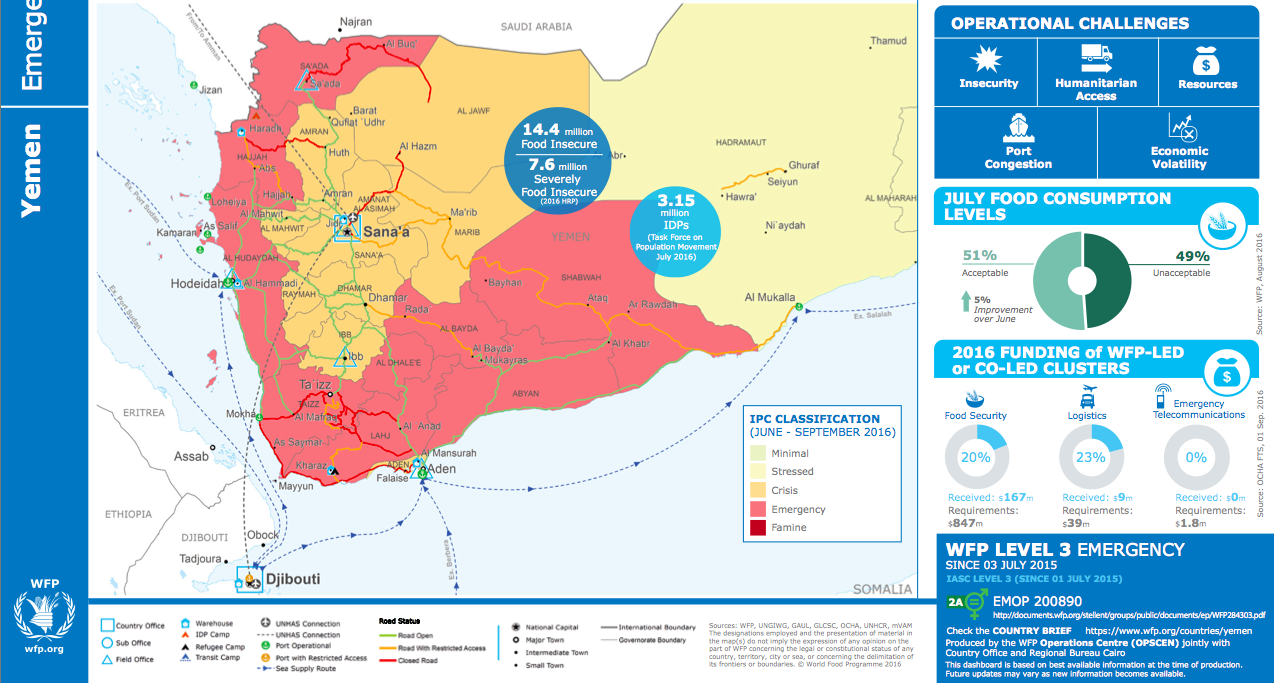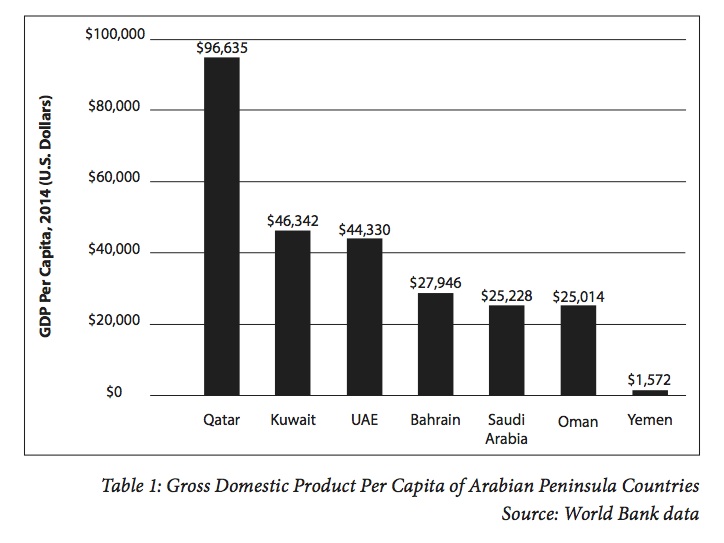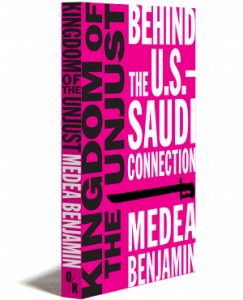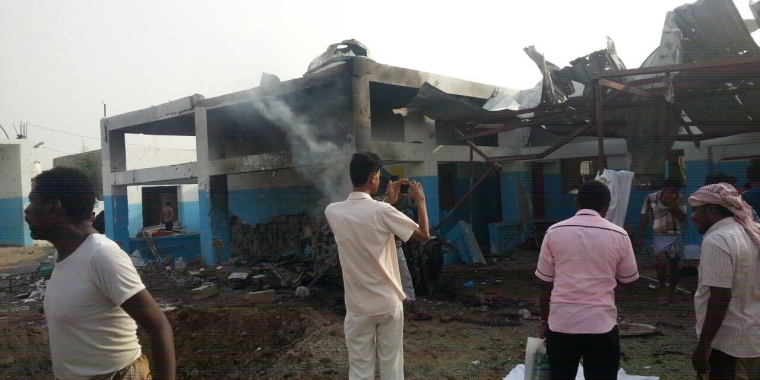In a report it issued just over a year ago, the U.S.-based organization the “Yemen Peace Project” called on the U.S. government to end the support it has given to the Saudi-led military coalition that has been fighting a very damaging war inside Yemen since March 2015.
The report, which was issued jointly with two Yemen-based think-tanks, said that Washington should push to convene an inclusive, all-party peace negotiation and Washington’s active engagement with regional powers outside the (Saudi-led) Gulf Cooperation Council, and “most importantly Iran”, to help create “a regional and international structure of support for an eventual peace agreement.”
It also called on Washington immediately to suspend the targeted killing program it has pursued for many years now against suspected Al-Qaeda operatives in some parts of Yemen, and to “establish a counterterrorism strategy prioritizing non-military solutions to long-term challenges.”
A YPP rep confirmed that the organization still stands by the demands it expressed in August 2015.
Mid-August of this year saw a very destructive bombing by forces in the Saudi-led coalition of a hospital being run by Medecins Sans Frontieres in the north-Yemeni city of Abs. Those bombs killed 19 people–mainly hospital patients but also one MSF staff member. (The photo above shows the aftermath of the bombing.)
On August 18, MSF Director of Operations Raquel Ayora called out the Saudi-led coalition for not having exercised due care to discriminate between valid and invalid (i.e. noncombatant) target sets and announced that because MSF now feared that Abs and the other five hospitals its operates in parts of North Yemen held by the “Houthi” movement could similarly be targeted by the coalition, the organization had no option but to evacuate its staff from these hospitals.
MSF hoped, she said, that this evacuation would only be temporary, pending MSF’s receipt of adequate assurances from the coalition that it could and would use due discrimination in its conduct of any further military operations.
—
JWE is pleased to be able to point to several useful informational resources that can help US citizens and others understand the background to the very destructive and anti-humane complex of conflicts in Yemen, which is far and away the poorest country on the Arabian Peninsula.
The first is the website of the Yemen Peace Project itself, which hosts the Mafraj Blog , a podcast series called Mafraj Radio, and a more general Resources/Readings page.
The YPP’s Twitter feed is also a fabulous, continuing source of information and updates, including on developments in Yemen’s always-complex internal political scene. (We are very sad to that their Facebook account seems to have been unpublished by the powers-that-be at FB. Why???)
The second is the Yemen country page on the always-invaluable, UN-run “Reliefweb” website– a frequently updated but nicely searchable web-page that can act as a “one-stop shop” for updates on both diplomatic developments, e.g., here, and humanitarian needs, e.g., here.
At the latest World Food Program update found at the Reliefweb page, you can download a PDF containing this map, which provides a vivid portrait both of the extent of the very largely conflict-caused food insecurity now being suffered by Yemen’s 23 million people, and of one of the key causes of that insecurity, namely, the disruption of supply chains that are vitally needed for the delivery of food and other necessities to needy communities:

You can find several other useful maps– along with a huge amount of historical and more current background information on Yemen and its neighbors, and some really biting cartoons by the Yemeni caricaturist Samer al-Shameera– in the great anthology Arabia Incognita: Dispatches from Yemen and the Gulf, edited by Sheila Carapico. This book was published recently by our friends at Just World Books in collaboration with the Middle East Research and Information Project, Merip.
The book contains this great bar-graph, that graphically shows the disparity in per-capita GDP between Yemen and all the other states on the Arabian Peninsula:

 If you’re interested in learning more about the role of Saudi Arabia (and the United States) in this conflict and other conflicts in the Middle East, be sure to check out Medea Benjamin’s recently issued primer, Kingdom of the Unjust: Behind the U.S.-Saudi Connection.
If you’re interested in learning more about the role of Saudi Arabia (and the United States) in this conflict and other conflicts in the Middle East, be sure to check out Medea Benjamin’s recently issued primer, Kingdom of the Unjust: Behind the U.S.-Saudi Connection.
In her book, Benjamin notes that– in addition to the suffering that Saudi Arabia’s (often U.S.-supported) military actions have inflicted on Yemen’s people– these attacks have also opened up space in which Yemeni branches of Al-Qaeda and the Islamic State have also been able to flourish.

